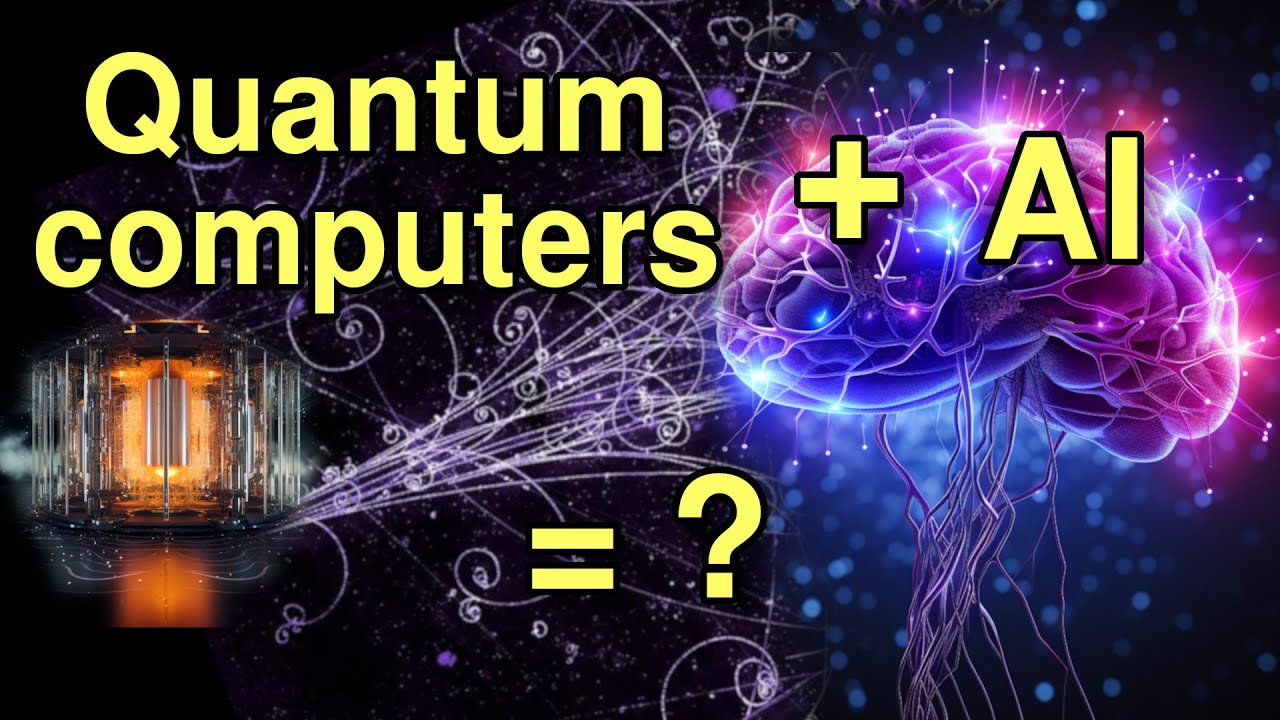Quantum computing could turbo-charge AI into something “massively, universally transformative ,” argues the South China Morning Post, citing a quote from theoretical physicist Michio Kaku. “AI has the ability to learn new, complex tasks, and quantum computers can provide the computational muscle it needs…”
“AI will give us the ability to create learning machines that can begin to mimic human abilities, while quantum computers may provide the calculational power to finally create an intelligent machine.”
Where AI brings an ability to self-improve and learn from its mistakes, quantum computers add speed and power. Google CEO Sundar Pichai has said “AI can accelerate quantum computing, and quantum computing can accelerate AI….”
Complex calculations that would take classical supercomputers thousands of years to crunch could, in theory, be completed by quantum computers in minutes… In expectation of its advantages, the automotive industry is already collaborating with pioneers in the quantum-computing arena. Daimler has partnered with IBM, Volkswagen with D-Wave Systems (a Canadian quantum-computing firm) and Hyundai with IonQ. “If you can increase the energy density of your battery by another factor of two, three or four, then instead of 300 miles (480km), you can go 600 miles and 1,200 miles on [one] charge,” says Kim. “That actually starts to cross the threshold where they become so much more attractive than fossil fuel. And then we can really make an impact on global warming and all these problems…”
Similarly, the mysteries of carbon sequestration could be unravelled by quantum computing, with clear benefits for the efforts to reverse global warming. Drug design at the molecular level could be revolutionised, opening up new avenues for vaccines and, for example, personalised cancer treatment. There’s no doubt about it: with effective quantum computing our understanding of chemical processes could become godlike. Finance and investment, too, could be revolutionised by the qubit. The huge range of factors that produce market fluctuations allow for an almost infinite range of possible outcomes, and modelling these possibilities would be relatively simple for quantum computers. Forecasts of market movements would become far more accurate…
For many physicists and mathematicians, every step of the journey towards functional and world-changing quantum computers assumes acknowledgement of an even more profound goal: a greater understanding of the nature of reality. This could also mean that the very nature of understanding has to be reconsidered.
The article suggests we “occupy ourselves with the dawning realisation that something philosophically far-reaching has begun to percolate into our shared consciousness from the laboratories of the world’s quantum pioneers.”
